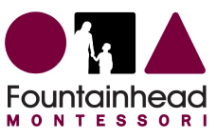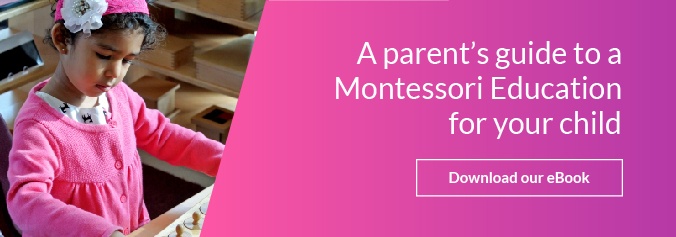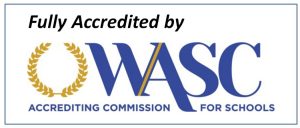As a parent, one of the most significant decisions you'll make is choosing the right preschool for your child. Among the myriad of options available, Montessori preschools stand out with their unique educational approach. But with the price tag often associated with Montessori education, when compared with a public education, many parents find themselves asking: Are Montessori preschools worth the investment? Let's delve into what makes Montessori unique and weigh its value.
Understanding Montessori Education
Developed by Dr. Maria Montessori, the Montessori method is based on self-directed learning, mixed-age classrooms, and specially designed learning materials. This approach aims to foster independence, curiosity, and a love of learning in children. Montessori classrooms are known for their calm, orderly environment, where children engage in hands-on learning activities at their own pace.
The Benefits of Montessori Education
- Individualized Learning: One of the hallmarks of Montessori education is its focus on catering to each child's unique learning style and pace. This individualized approach can be particularly beneficial during the formative preschool years.
- Holistic Development: Montessori education doesn't just focus on academics; it emphasizes the development of the whole child. This includes social, emotional, physical, and cognitive development, creating a well-rounded educational experience.
- Fostering Independence: Montessori schools encourage children to take charge of their learning, helping them develop critical thinking and problem-solving skills from an early age. This independence can build confidence and self-reliance.
- Hands-On Learning: The use of specially designed Montessori materials allows children to explore and learn through sensory experiences. This hands-on approach is often more engaging for young learners and can lead to a deeper understanding of concepts.
Considering the Cost
Montessori preschools are often private institutions and thus come with tuition fees. These fees can vary widely depending on location, the facilities offered, and the school's reputation. It's important to consider this cost in the context of your family's budget and priorities.
Comparing Montessori with Other Preschools
When evaluating the worth of Montessori preschools, it's helpful to compare them with other types of preschools. Traditional preschools may have a more structured curriculum and a different approach to learning and discipline. Play-based preschools, on the other hand, focus more on learning through play and may not offer the same level of academic preparation.
Long-Term Benefits
Research has shown that Montessori education can have long-term benefits for children. Montessori students often display advanced social skills, a greater sense of responsibility, and higher levels of academic achievement. These benefits can extend beyond preschool, influencing a child's educational journey well into their later years.
Making the Decision
Determining whether a Montessori preschool is worth the investment is a deeply personal decision. It depends on what you value in early childhood education and what you believe will be best for your child. Consider visiting a Montessori school, speaking with teachers and parents, and observing a classroom to get a sense of whether the Montessori approach aligns with your child's needs and your family's values.
Montessori preschools offer a unique and enriching educational experience that can set the foundation for lifelong learning. While the cost is an important factor to consider, the value of a Montessori education lies in its ability to nurture independent, confident, and well-rounded individuals. As with any significant investment, it’s essential to weigh the benefits against the cost to determine if a Montessori preschool is the right choice for your family.












Let us know what you think about this post
Put your Comment Below: